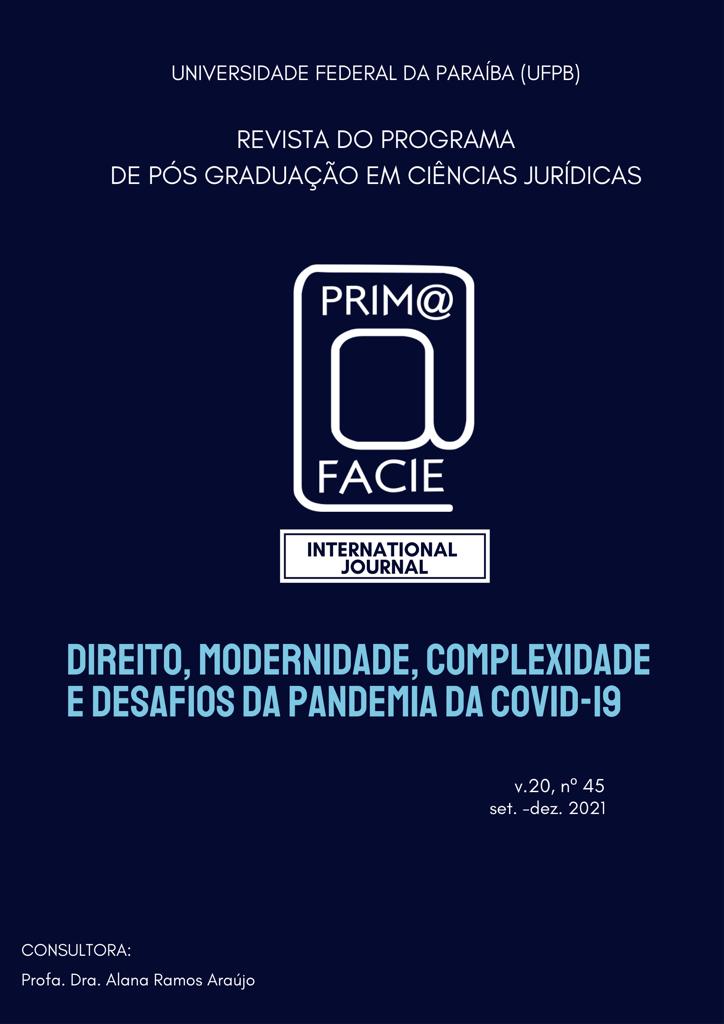Public Opinion and Legal History: Method, Episode, Detail
DOI:
https://doi.org/10.22478/ufpb.1678-2593.2021v20n45.51304Keywords:
Microhistorical method. Public opinion tribunal. Circularity of public discussion. Legal history.Abstract
As a historical source, public opinion deserves more attention, especially in the field of legal history. Hence, I present in this article a way to work with the sources of public opinion in legal history researches. To this end, I selected a case that occurred in 1888, in the province of Paraná, to be studied through the micro-historical approach proposed by Carlo Ginzburg. This guideline fits the episodic time and the investigation of minor cases. Marginal and seemingly irrelevant, the particular episodes have to be unveiled to reveal the general issues that constitute them. Rebuilt from the discussion in the provincial press, the dispute for the regional legislature of Paraná circulated in the public opinion tribunal. By doing so, the public discussion reached higher levels of the tribunal, especially the national parliament. In the congressional ground, other similar cases came to light from different provinces. Grounding methodological inferences about public opinion, the case study allows to conclude that the provincial dispute implied a general issue of Imperial Brazil, which was an entailment of the crisis of the constitutional project for provincial autonomy.
Downloads
Downloads
Published
How to Cite
Issue
Section
License
Copyright (c) 2021 A Prim@ Facie detém direitos exclusivos de publicação e distribuição sob concessão absolutamente franca da parte do autor, ou autores.

This work is licensed under a Creative Commons Attribution-NonCommercial-NoDerivatives 4.0 International License.
Os autores estão cientes de que transferem seus direitos de publicação e distribuição à revista Prima Facie. Os autores autorizam o uso do trabalho para fins não-comerciais, incluindo direito de enviar o trabalho em bases de dados de Acesso Livre. As provas finais poderão não ser enviadas aos autores antes da publicação, seguindo a revista seu padrão técnico explicitado nas suas normas e nos formatos praticados em acordo com a CAPES e com padrões de excelência adotados. As opiniões emitidas pelos autores são de sua exclusiva responsabilidade não sendo a revista solidária da livre opinião exposta por eles.

